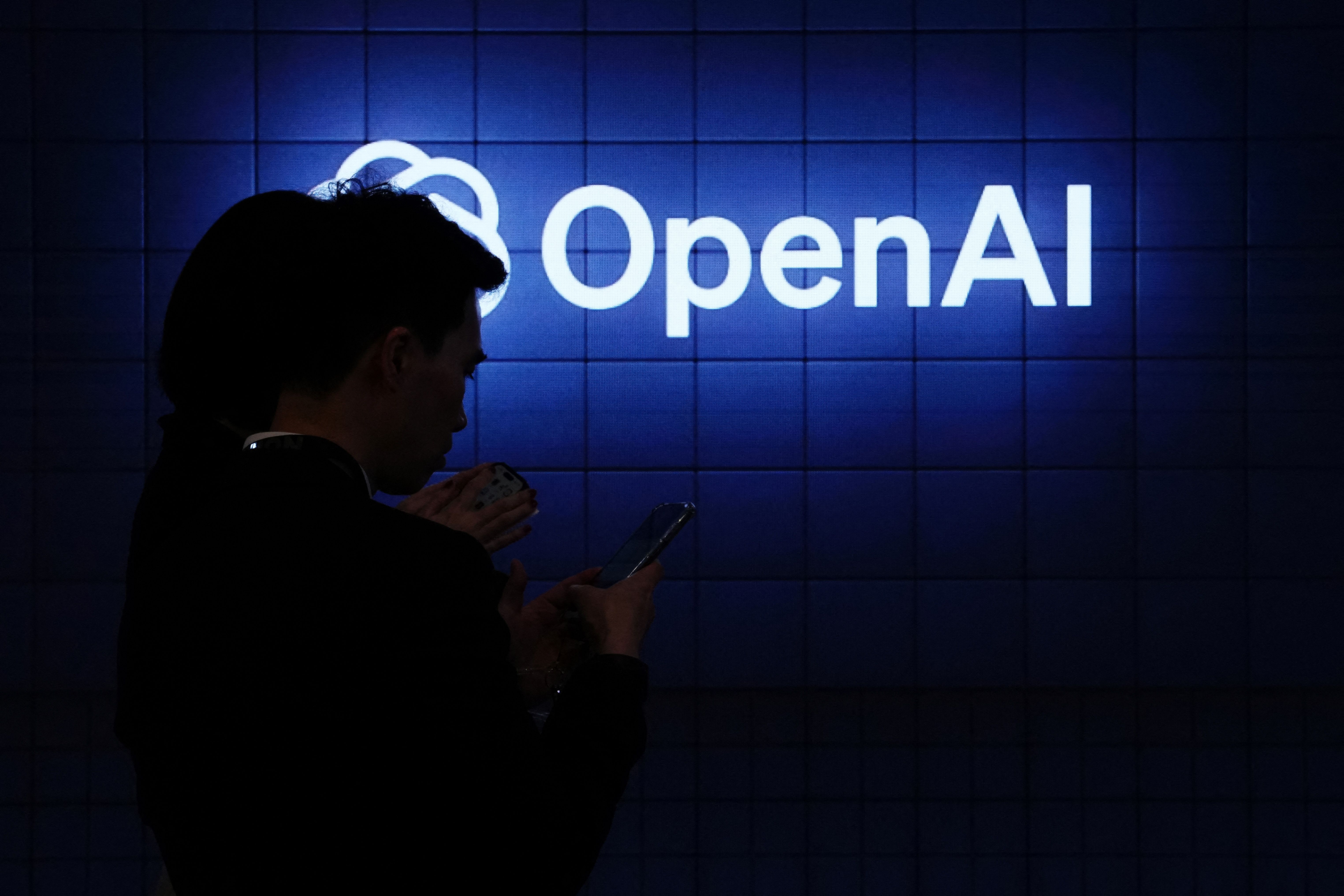The Battle for AI Talent: Meta's Strategic Acquisition from OpenAI
 The Tech Times
The Tech Times
In the ever-evolving landscape of artificial intelligence, the competition for talent is as fierce as the technological advancements themselves. Recently, Meta, the tech giant formerly known as Facebook, has successfully recruited four key researchers from OpenAI. This strategic acquisition is part of Mark Zuckerberg's ambitious plan to bolster his new superintelligence team, a move that underscores the escalating talent war in the AI industry.
The Great AI Talent Migration
The transfer of talent between tech behemoths is not a novel phenomenon. Historically, companies have vied for top-tier researchers to gain a competitive edge in the burgeoning field of AI. This latest migration is a testament to the ongoing battle among tech giants to dominate the AI frontier. With the recent poaching from OpenAI, Meta signals its intention to be a formidable player in the race towards superintelligent AI systems.
OpenAI, recognized for its groundbreaking work in artificial intelligence, has been a fertile ground for cutting-edge research and innovation. The departure of these four researchers marks a significant moment in the AI landscape, as Meta seeks to harness their expertise to propel its projects forward. This move not only highlights the importance of human capital in technology development but also emphasizes the strategic maneuvers companies are willing to undertake to secure the best minds in the field.
Historical Context: A Tradition of Talent Tug-of-War
The tech industry's penchant for poaching talent can be traced back to the early days of Silicon Valley. In the late 20th century, companies like IBM, Microsoft, and Apple frequently courted each other's key employees to gain insights and expertise that would give them an edge over their competitors. This tradition has only intensified with the rise of AI, where the stakes are significantly higher due to the transformative potential of the technology.
As AI evolves, the demand for skilled researchers and developers continues to soar. Companies are investing heavily in AI research labs, offering lucrative compensation packages and unparalleled research opportunities to attract top talent. This environment fosters a dynamic where researchers often find themselves courted by multiple tech giants, each eager to leverage their skills to push the boundaries of what's possible in AI.
The Implications for OpenAI and Meta
For OpenAI, the departure of these researchers is a notable loss. As an organization dedicated to developing and directing AI technologies for the benefit of humanity, retaining top talent is crucial to its mission. However, OpenAI has consistently demonstrated resilience and adaptability, often using such challenges as opportunities to bring fresh perspectives into their fold.
For Meta, acquiring these researchers represents a strategic coup. It aligns with Zuckerberg's broader vision of integrating AI more deeply into Meta's ecosystem, enhancing its capabilities in areas such as virtual reality, augmented reality, and social interaction technologies. This could potentially accelerate Meta's efforts to build a more interconnected and intelligent digital infrastructure.
Conclusion: The Future of AI Talent Wars
The talent war in AI is far from over. As companies like Meta, Google, and Microsoft continue to expand their AI ambitions, the competition for skilled researchers will only intensify. This dynamic is a double-edged sword; while it propels innovation by pushing companies to advance their technologies, it can also lead to disruptions as teams and projects adjust to changes in personnel.
Ultimately, these movements within the AI talent pool are pivotal in shaping the future of technology. As the industry continues to evolve, the ability of companies to attract, retain, and nurture top talent will be a defining factor in determining who leads the next wave of AI advancements.
Subscribe to my newsletter
Read articles from The Tech Times directly inside your inbox. Subscribe to the newsletter, and don't miss out.
Written by
